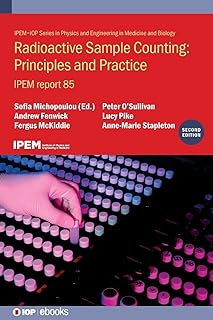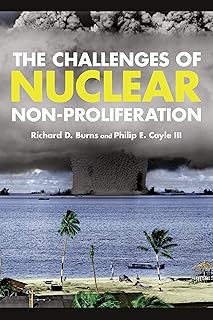Emmanuel Lidden, a self-proclaimed “science nerd,” found himself at the center of a border force investigation that raised eyebrows and drew attention for its peculiar circumstances. His aspiration to emulate the success of billionaire Bill Gates led him down a controversial path that would ultimately land him in legal trouble.
The investigation unfolded when Lidden, aged 24, confessed to violating nuclear non-proliferation laws by purchasing radioactive samples online and having them shipped to his parents’ residence. The package’s arrival triggered a chaotic response, involving Australian Border Force officials, firefighters, police, and paramedics, who swarmed the scene in a hazmat frenzy in August 2023.
Despite the alarming nature of the incident, nearly two years later, Lidden stood before a judge at Sydney’s Downing Centre District Court. In a surprising turn of events, the judge decided to spare Lidden a conviction, allowing him to depart on a two-year good behavior bond. The ruling took into account Lidden’s mental health struggles and concluded that his actions lacked malicious intent.
Following the court proceedings, Lidden’s defense lawyer, John Sutton, expressed relief on behalf of his client. However, he did not shy away from criticizing the handling of the case by Border Force officials, labeling it as an excessive and unwarranted pursuit of a young man with harmless intentions.

Sutton pointed out the disproportionate response of authorities, emphasizing that the quantities of radioactive materials involved were negligible and posed no real threat. He highlighted the absurdity of the situation by noting that the substances could be consumed without any adverse effects, a sentiment echoed by scientists worldwide who deemed the reaction excessive.
While the prosecution argued the necessity of pursuing the case in the public interest, Sutton questioned the validity of the approach, suggesting that the investigation may have been blown out of proportion. The incident underscored the complexities and sensitivities surrounding cross-border threats and the importance of adhering to regulatory frameworks.
Lidden’s case marked a significant milestone as the first prosecution under Australia’s non-proliferation laws, designed to prevent the spread of weapons of mass destruction and combat terrorism. His innocent fascination with collecting elements from the periodic table inadvertently led him down a path of legal repercussions, resulting in a career setback and public scrutiny.
Having transitioned from a role at Sydney Trains to flipping burgers at a fast-food restaurant, Lidden faced the harsh reality of losing his job due to the fallout from the investigation. The termination, justified under the guise of honesty and transparency, left Sutton questioning the fairness of the decision, given Lidden’s cooperation throughout the ordeal.
As Lidden navigates the aftermath of his legal ordeal and strives to rebuild his life, his story serves as a cautionary tale about the implications of innocent pursuits taken to extremes. The incident sheds light on the intersection of personal interests, regulatory compliance, and the far-reaching consequences of misguided actions in the realm of science and technology.
🔗 Reddit Discussions
- TIL the “Elephant’s Foot” mass of radioactive material beneath the Chernobyl disaster was so dense that they needed to use armor-piercing rounds fired from an AK-47 rifle to break off samples.
- Extraterrestrial radioactive isotope found in seabed has implications for Earth’s origins. The dating of the sample confirms two or more supernova explosions occurred near Earth. “Our data could be the first evidence that supernovae do indeed produce plutonium-244.”
- TIL: The Allies raided a Nazi chemical company in 1944 and interrogated a chemist due to the amount of radioactive material involved. However, they learned that he was not working on nukes, but radioactive toothpaste known as Duramad, using radiation to kill germs. Some samples are in a museum now.





